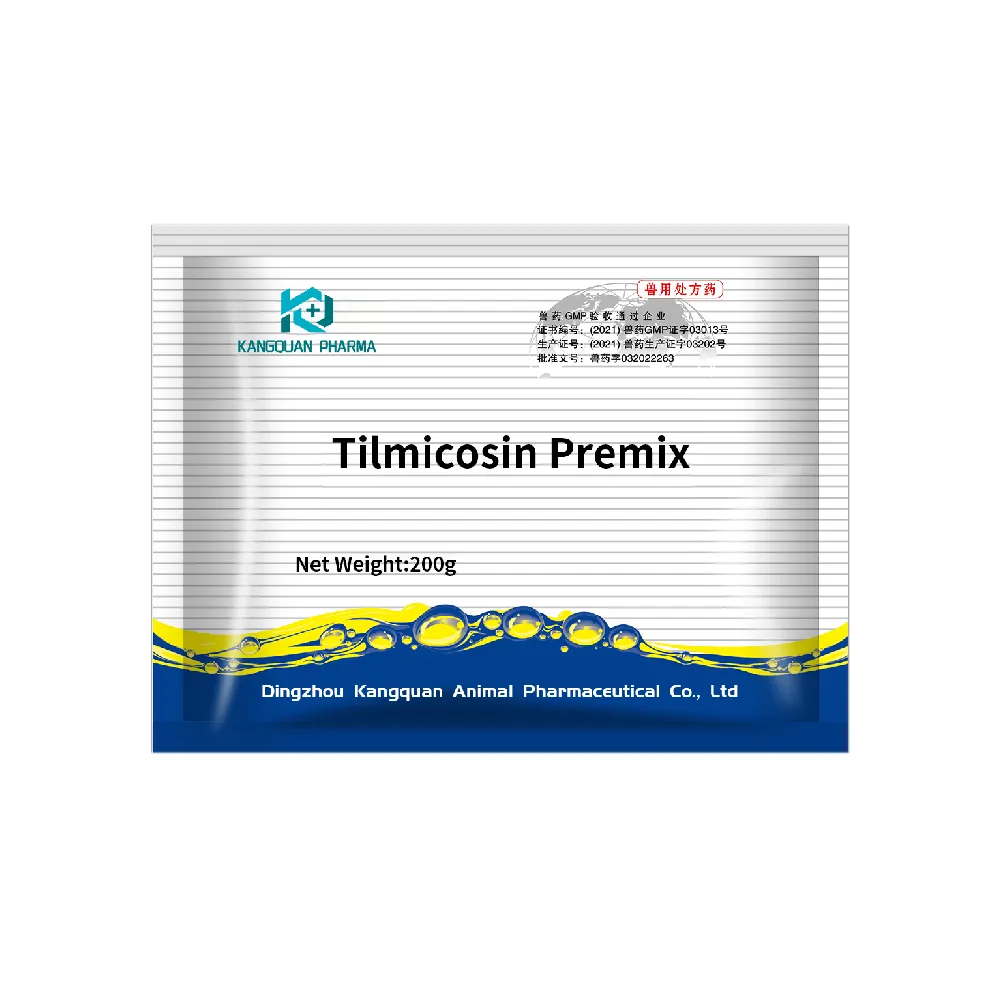- Afrikaans
- Albanian
- Amharic
- Arabic
- Armenian
- Azerbaijani
- Basque
- Belarusian
- Bengali
- Bosnian
- Bulgarian
- Catalan
- Cebuano
- Corsican
- Croatian
- Czech
- Danish
- Dutch
- English
- Esperanto
- Estonian
- Finnish
- French
- Frisian
- Galician
- Georgian
- German
- Greek
- Gujarati
- Haitian Creole
- hausa
- hawaiian
- Hebrew
- Hindi
- Miao
- Hungarian
- Icelandic
- igbo
- Indonesian
- irish
- Italian
- Japanese
- Javanese
- Kannada
- kazakh
- Khmer
- Rwandese
- Korean
- Kurdish
- Kyrgyz
- Lao
- Latin
- Latvian
- Lithuanian
- Luxembourgish
- Macedonian
- Malgashi
- Malay
- Malayalam
- Maltese
- Maori
- Marathi
- Mongolian
- Myanmar
- Nepali
- Norwegian
- Norwegian
- Occitan
- Pashto
- Persian
- Polish
- Portuguese
- Punjabi
- Romanian
- Russian
- Samoan
- Scottish Gaelic
- Serbian
- Sesotho
- Shona
- Sindhi
- Sinhala
- Slovak
- Slovenian
- Somali
- Spanish
- Sundanese
- Swahili
- Swedish
- Tagalog
- Tajik
- Tamil
- Tatar
- Telugu
- Thai
- Turkish
- Turkmen
- Ukrainian
- Urdu
- Uighur
- Uzbek
- Vietnamese
- Welsh
- Bantu
- Yiddish
- Yoruba
- Zulu
നവം . 13, 2024 13:55 Back to list
antibiotics dog
Understanding Antibiotics for Dogs A Comprehensive Guide
Antibiotics are crucial tools in veterinary medicine, playing a vital role in treating bacterial infections in dogs. Just like in humans, antibiotics can be life-saving for our furry companions, but their use must be approached with care and responsibility. This article will explore the types of antibiotics commonly prescribed for dogs, their uses, potential side effects, and the importance of proper usage.
Types of Antibiotics for Dogs
Veterinarians typically prescribe a variety of antibiotics based on the type of infection being treated. Some of the most commonly used antibiotics in dogs include
1. Amoxicillin A broad-spectrum antibiotic that is effective against a variety of bacteria. It is often used to treat skin infections, respiratory infections, and urinary tract infections.
2. Cephalexin Another broad-spectrum antibiotic, Cephalexin is particularly effective against skin infections and abscesses due to its ability to target both Gram-positive and some Gram-negative bacteria.
3. Enrofloxacin This fluoroquinolone antibiotic is used for more severe bacterial infections, particularly those resistant to other antibiotics. It is commonly prescribed for urinary tract infections and respiratory infections.
4. Metronidazole While primarily known for its effectiveness against anaerobic bacteria and certain parasites, Metronidazole is also used to treat gastrointestinal infections.
5. Doxycycline This antibiotic is often used to treat infections caused by tick-borne diseases, such as Lyme disease and Ehrlichiosis.
Usage and Administration
Antibiotics should only be used in dogs when prescribed by a veterinarian. The dosage, frequency, and duration of treatment are critical factors that must be tailored to the individual dog's needs. It's essential to follow the veterinarian’s instructions precisely to ensure the effectiveness of the treatment.
antibiotics dog

Improper use of antibiotics can lead to antibiotic resistance, a significant public health concern that affects both animals and humans. This occurs when bacteria evolve in response to the presence of antibiotics, making infections harder to treat.
Potential Side Effects
While antibiotics can be incredibly beneficial, they also come with potential side effects. Common side effects in dogs may include
- Gastrointestinal Disturbances Dogs may experience nausea, vomiting, diarrhea, or a lack of appetite when taking antibiotics.
- Allergic Reactions Some dogs may develop allergies to specific antibiotics, showing symptoms such as itching, swelling, or difficulty breathing. If an allergic reaction is suspected, it is crucial to contact a veterinarian immediately.
- Changes in Behavior In some cases, antibiotics may cause changes in a dog’s behavior, leading to increased lethargy or hyperactivity.
The Importance of Full Treatment Courses
Completing the full course of antibiotics is essential, even if the dog appears to be feeling better. Stopping treatment prematurely can lead to the survival of bacteria that may develop resistance, resulting in a more severe infection that is harder to treat in the future.
Prevention and Responsible Usage
Preventing infections in dogs is always preferable to treating them. Regular veterinary check-ups, vaccinations, proper hygiene, and prompt treatment of wounds can significantly reduce the risk of bacterial infections.
In conclusion, antibiotics are an invaluable component of veterinary care, offering critical assistance in managing bacterial infections in dogs. Responsible use under veterinary guidance, awareness of potential side effects, and commitment to completing prescribed treatments are essential for ensuring the health and well-being of our canine companions. By prioritizing responsible antibiotic use, we can help protect our pets and contribute to the broader effort of combating antibiotic resistance in both animals and humans.
-
Guide to Oxytetracycline Injection
NewsMar.27,2025
-
Guide to Colistin Sulphate
NewsMar.27,2025
-
Gentamicin Sulfate: Uses, Price, And Key Information
NewsMar.27,2025
-
Enrofloxacin Injection: Uses, Price, And Supplier Information
NewsMar.27,2025
-
Dexamethasone Sodium Phosphate Injection: Uses, Price, And Key Information
NewsMar.27,2025
-
Albendazole Tablet: Uses, Dosage, Cost, And Key Information
NewsMar.27,2025













